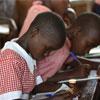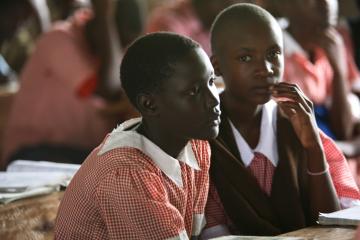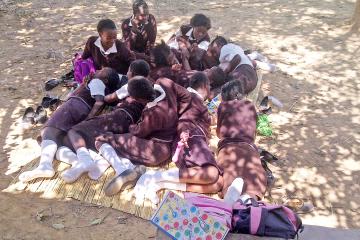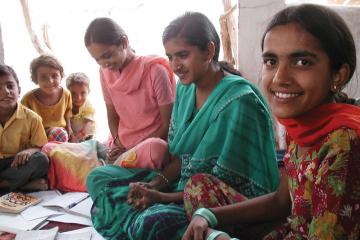Celebrating International Women’s Day
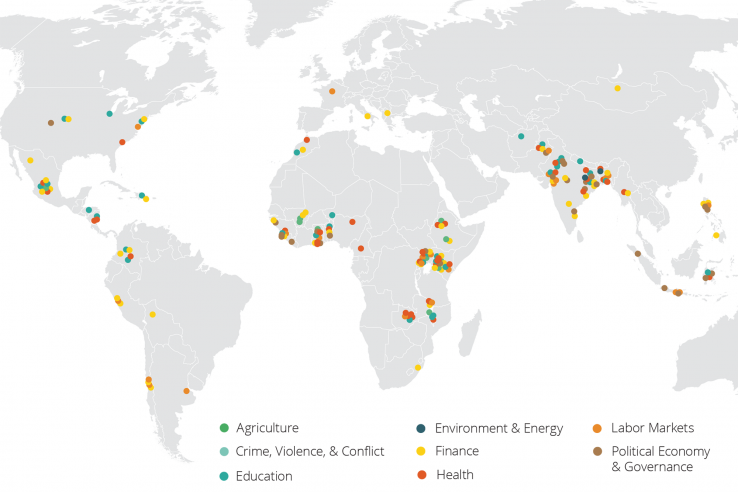
Promoting gender equity and empowering women and girls is not only important in its own right, but also contributes to poverty reduction. As J-PAL affiliate Rohini Pande (Harvard; Co-Director, Evidence for Policy Design) points out, girls’ and women’s participation in the economy and politics has the potential for far-reaching effects. "If we, as a society, can empower women politically—as leaders, as informed voters, and as active citizens—we enable them to take control of their own economic lives. This helps ensure that their economic contributions are reflected in the benefits they receive from their country's growth."
Affiliate Erica Field (Duke) notes, “Over the last decade, researchers have generated a body of evidence on the impact of women's economic and social empowerment, as well as the differential effects that social policies and programs can have on women. It is critical to understand and quantify these impacts in order to design development programs that enhance the well-being of both women and men."
In recognition of International Women’s Day today, we reflect on our affiliated professors’ work in identifying the most promising interventions to address issues that affect women and girls. These include efforts to prevent teen marriage and pregnancy; improve access to high-quality education, good jobs, and leadership opportunities; strengthen decision-making power in their families and communities; and more.
To date, J-PAL affiliates have conducted over 140 evaluations in 39 countries that focus on impacts of policies and programs on women and girls. The evaluations below, sorted by sector, are just a small sample of what our affiliates have discovered. Explore all our evaluations.
AgricultureEncouraging Adoption of Rainwater Harvesting Tanks Through Collateralized Loans in Kenya
William Jack, Michael Kremer, Joost De Laat, Tavneet Suri
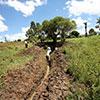

Business Training for Women in Ahmedabad, India
Erica Field, Seema Jayachandran, Rohini Pande, Natalia Rigol
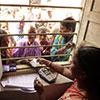
Contraceptive Adoption, Fertility, and the Family in Zambia
Nava Ashraf, Erica Field, Jean Lee
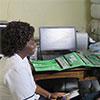
The Impact of Women Policy Makers on Public Goods in India
Lori Beaman, Raghabendra Chattopadhyay, Esther Duflo, Rohini Pande, Petia Topalova
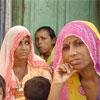
Demand for Nontraditional Cookstoves in Bangladesh
Robert Bailis, Puneet Dwivedi, Lynn Hildemann, Grant Miller, Mushfiq Mobarak
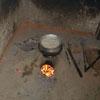
Incentives to Learn: A Merit-Based Girls' Scholarship Program in Kenya
Michael Kremer, Edward Miguel, Rebecca Thornton
